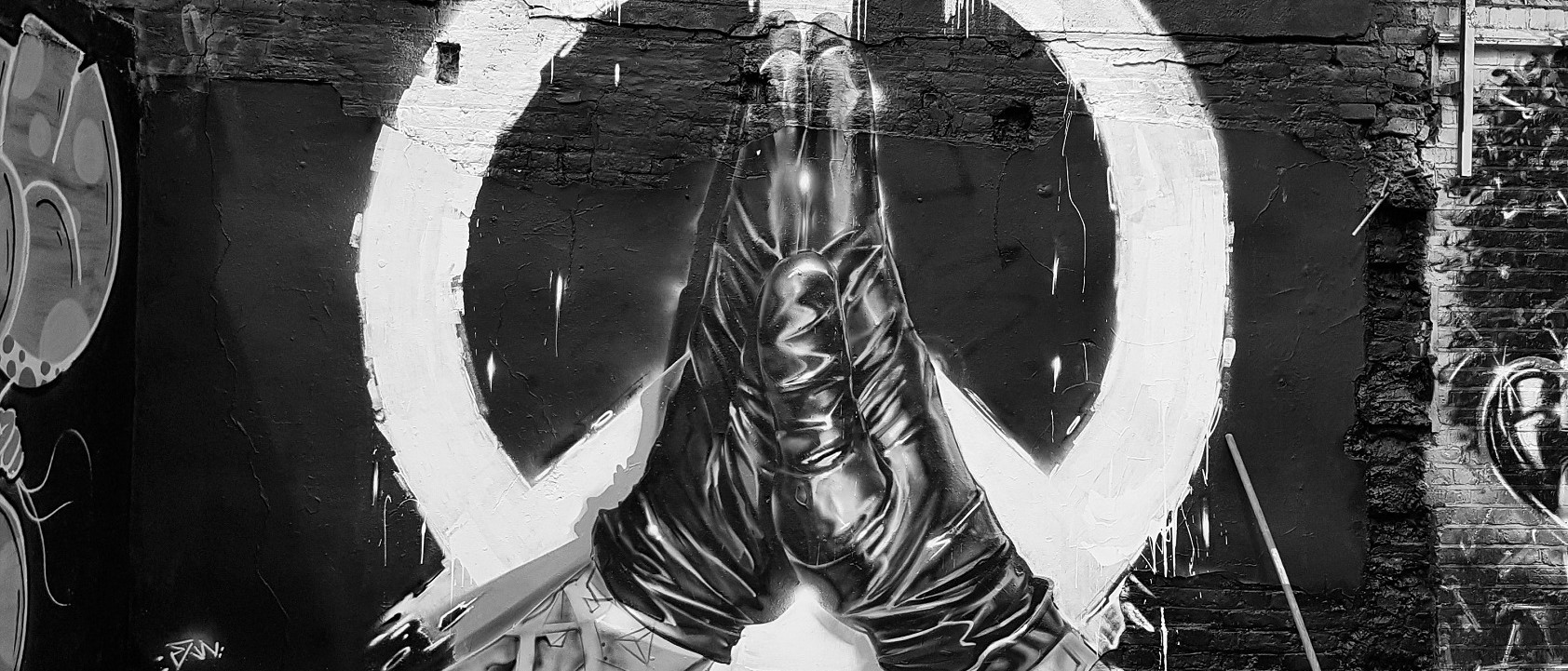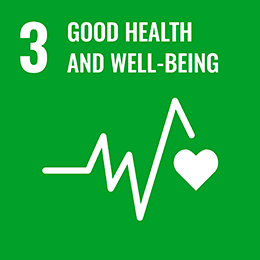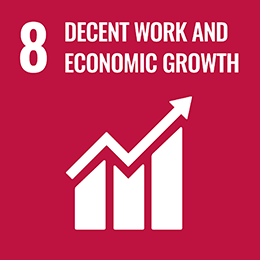The Age of Extremes

Share this article
Have we been here before?
"There were however many who acquired new wants without being able to satisfy them; and in them the spectacle of a wealth undreamt-of in earlier centuries provoked a bitter sense of frustration" ― Norman Cohn, author
What kind of world do we live in? This is the most fundamental of investment questions. By this we typically mean "what is the outlook for inflation and economic growth?" Sometimes, the question is more socio-economic in nature. Rarely is it existential.
More than 20 years ago, Umberto Eco, author of The Name of the Rose, mused that we were entering the new Middle Ages. In The Pursuit of the Millennium, Norman Cohn describes medieval Europe, not Molenbeek.
Risk on. Risk Off. The current investment climate is characterised by these binary extremes, as if the entire investment world (in all its intricacy) just became a single, credit event. Even the most insightful investors are reduced to speculating on two ‘water cooler’ conversations, namely “when will the Fed raise rates?” and “what (truthfully) is China's GDP?” If you do know the answer to either question, by the way, you're heading for prison or the labour camp.
Any analyst's spreadsheet contains assumptions as to the future. These assumptions are financial but they rest on other (bigger) assumptions: will the government decide to change the rules that govern that industry; will government drastically change fiscal regulation; will government side with labour or management; will government decide that a given industry is ‘strategic’ and thus, be immune from the workings of competitive capitalism?
Will a government decide that the only lever they have to promote growth is to torpedo their currency? But the biggest question of all is: do governments and the citizens whom they (more or less) represent, still believe that globalisation is (quoting Sellar and Yeatman’s 1066 and All That), a ‘good thing’?
The debate about Syrian refugees and Schengen is one such debate. The European welfare state (celebrated in the NHS scene in the London Olympics’ opening ceremony) is a fantastic construct, of which its architects should be proud. But the post 1945 welfare state was not built to withstand the twin impacts of substantially increased longevity and hundreds of thousands of new citizens, whose cultural leanings (to make things trickier) may not match our own. Can EU Countries Still Afford Their Welfare States?, asks Professor Iain Begg.
In both the Sunday Times and Boston Globe, Niall Ferguson highlighted the scale of the challenges ahead: "The ancient Greeks believed that the gates of Hades were guarded by a monstrous three-headed dog. Like Cerberus, the monster we confront today has three heads: rampant jihadism, uncontrolled mass migration and home grown extremists".
When analysing what kind of world are we in, investment professionals (like poets) reach for similes. We know that the Dark Ages were dark because trade was hard and communication and travel beyond village-boundaries, fraught with danger. From the Crusades to the Renaissance, global GDP hovered around $40 billion.
But maybe our current era has even more recent comparative examples? Tectonic shifts in imperial power, the rapid onset of disruptive technologies and a global outbreak of hipster beards. Could we be in the late 19th century, when railroads dominated the securities market and GDP was around $1 trillion?
If so, volatility and cash (fiat and blockchain) become key asset classes. Stocks and bonds (US, Japanese and German government bonds) become the domain of traders, not investors. Speculating on government intentions becomes more important than analysing balance sheets (as US pharma investors are in the process of learning). Sector rotation between industries picks up pace.
But the biggest worry is global growth. The Paris attackers had come to believe that they needed to associate with a death cult to ‘be someone’. Globalisation has failed them, whilst the Internet and social media showed them exactly how badly they were missing out.
If governments respond by closing borders and retreating behind regulatory and rhetorical barriers, the globalisation premium in the price of financial assets disappears. And so, we enter another ‘Age of Extremes’—Eric Hobsbawn, writing of the world between 1914-1991—and our global GDP currently around $75 trillion has a long way to fall.
Photo: © Niki Natarajan 2017
Artist: Fanakapan
Article for information only. All content is created and published by CdR Capital SA. The views and opinions expressed in this article are those of the author(s). Information on this website is only directed at professional, institutional or qualified investors and is not suitable for retail investors. None of the material contained on this website is intended to constitute an offer to sell, or an invitation or solicitation of an offer to buy any product or service. Nothing in this website, or article, should be construed as investment, tax, legal or other advice.
Related articles
Peak Welfare
The welfare state today is not fit for purpose. Its architects had not conceived it for a world of 90-year longevity, mass migration or a low interest rate environment. The mathematics of ‘Baby Boomers’ retiring plus low birth rates just does not add up.

Populism Paradox
It doesn’t matter whether or not Trump wins on 8 November because the populism genie is out of the bottle. It is now clear that peak globalisation lies behind us.

No Entry
The failure of the American dream is a resentment that has been building up over decades culminating in the ‘unlikely’ rise of Donald Trump, whose rhetoric mirrors and exploits the economic anxiety, demographic resentment and fears for border security.




